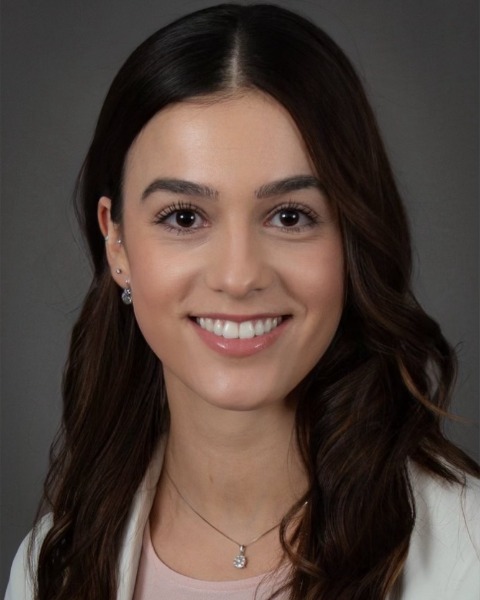Back
Background: Abuse is one of the leading causes of morbidity and mortality in the pediatric age group. In 2020, an annual estimate of 1,750 children died from child abuse and neglect. 42.6% suffered physical abuse and of those, 46.4% were under the age of one. Many abused children have previously seen a physician who was unable to recognize the signs and symptoms of non-accidental trauma. The expertise from a Child Abuse Pediatrician (CAP) can be critical in complex medical cases and therefore when available, consultation is advised. Their role differs from that of Child Protective Services (CPS); CPS investigates any concerns for child abuse beyond the hospital setting. It is important that identification, medical workup, and investigation all work in tandem to ensure the safety of a child at risk.
Objective: The goals of this project are to improve the detection of sentinel injuries in children less than 6 months old and enhance education on appropriate evaluation for concerns of physical abuse. Additionally, this project aims to increase consultation with CAP and thereby improve reporting to CPS.
Design/Methods: This project did not require IRB approval and consists of 3 PDSA cycles. The first cycle was a retrospective review of children under 6 months old who were in the Emergency Department (ED) at Staten Island University Hospital (SIUH) between July 2021 and January 2022. The focus was identifying children with concerning chief complaints for sentinel injuries and positive imaging findings on skeletal surveys, x-rays, and head CTs. The results demonstrated significant under-evaluation, underreporting, and failure to notify CAP. The second cycle occurred from June 2022 to April 2023 after providing accessible posters of the TEN-4-FACESp screening tool in the ED. The data showed an improvement in consultation with CAP and CPS for positive imaging findings but the consultation rates remained the same. The third cycle will be from July 2023 to April 2024 looking at the same two study arms after a clinical pathway on sentinel injuries was launched on the institutional site.
Child Abuse & Neglect
Session: Child Abuse & Neglect Works in Progress
WIP 116 - Improving Detection of Child Physical Abuse in Children Less Than 6 Months Old in the Emergency Department at SIUH
Monday, May 6, 2024
9:30 AM – 11:30 AM ET
Poster Number: WIP 116
Publication Number: WIP 116.2562
Publication Number: WIP 116.2562

Katarzyna Stoj, MD (she/her/hers)
Pediatric Chief Resident
Donald and Barbara Zucker School of Medicine at Hofstra/Northwell
Hoboken, New Jersey, United States
WIP Presenting Author(s)
Background: Abuse is one of the leading causes of morbidity and mortality in the pediatric age group. In 2020, an annual estimate of 1,750 children died from child abuse and neglect. 42.6% suffered physical abuse and of those, 46.4% were under the age of one. Many abused children have previously seen a physician who was unable to recognize the signs and symptoms of non-accidental trauma. The expertise from a Child Abuse Pediatrician (CAP) can be critical in complex medical cases and therefore when available, consultation is advised. Their role differs from that of Child Protective Services (CPS); CPS investigates any concerns for child abuse beyond the hospital setting. It is important that identification, medical workup, and investigation all work in tandem to ensure the safety of a child at risk.
Objective: The goals of this project are to improve the detection of sentinel injuries in children less than 6 months old and enhance education on appropriate evaluation for concerns of physical abuse. Additionally, this project aims to increase consultation with CAP and thereby improve reporting to CPS.
Design/Methods: This project did not require IRB approval and consists of 3 PDSA cycles. The first cycle was a retrospective review of children under 6 months old who were in the Emergency Department (ED) at Staten Island University Hospital (SIUH) between July 2021 and January 2022. The focus was identifying children with concerning chief complaints for sentinel injuries and positive imaging findings on skeletal surveys, x-rays, and head CTs. The results demonstrated significant under-evaluation, underreporting, and failure to notify CAP. The second cycle occurred from June 2022 to April 2023 after providing accessible posters of the TEN-4-FACESp screening tool in the ED. The data showed an improvement in consultation with CAP and CPS for positive imaging findings but the consultation rates remained the same. The third cycle will be from July 2023 to April 2024 looking at the same two study arms after a clinical pathway on sentinel injuries was launched on the institutional site.
